The beauty of the Russian approach to internet censorship is that it doesn’t need to be technically sophisticated to be efficient — it’s all about instigating self-censorship, writes Andrei Soldatov
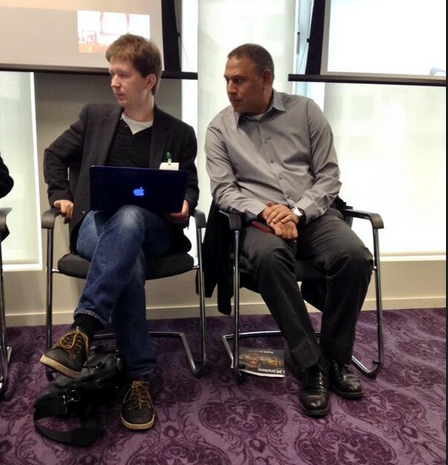

The beauty of the Russian approach to internet censorship is that it doesn’t need to be technically sophisticated to be efficient — it’s all about instigating self-censorship, writes Andrei Soldatov
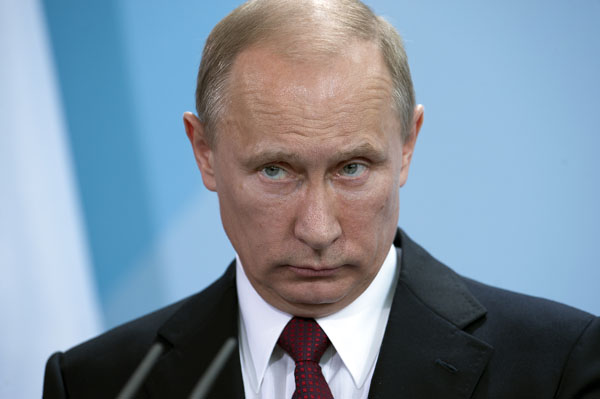
Andrei Soldatov looks at the websites authorities have been censoring over the past months
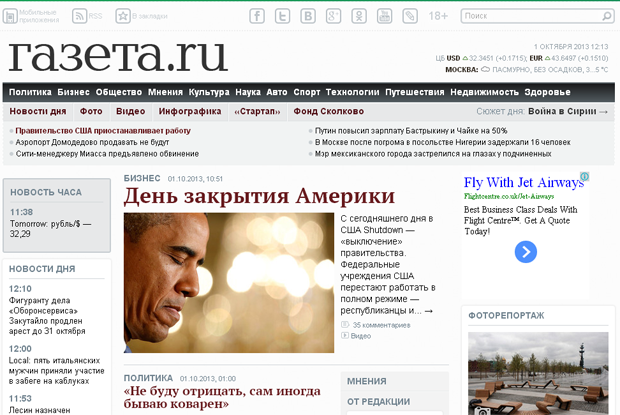
The major news in internet censorship in summer 2013 in Russia is a new law on copyright covering film, television and video productions. Andrei Soldatov reports
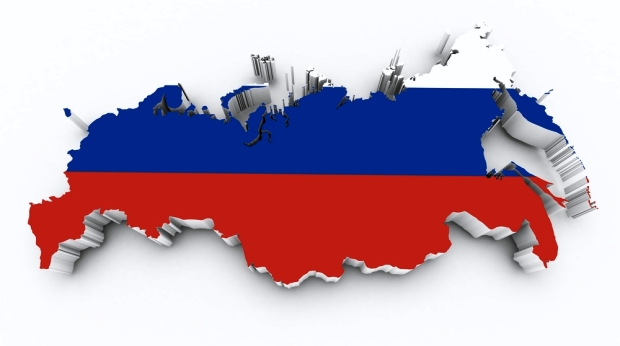
The Russian authorities came out with two new categories of website to be banned in May: on manufacturing explosive devices and bribery. If the first is the reaction of the authorities to the Boston bombings, the latter reflects major social problems of the society in Russia. Andrei Soldatov
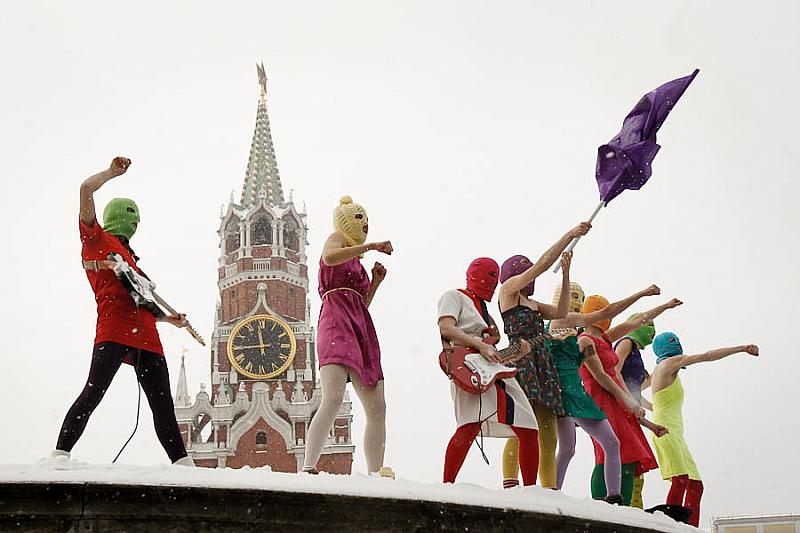
April saw a bizarre variety of sites blocked by the Russian authorities or internet service providers – among them Pussy Riot videos, Wikipedia, the Yandex search engine, and sites promoting bribery and corruption. Compiled by Andrei Soldatov
In March the Russian authorities turned their attentions to online social networks — and the Kremlin proved adept at getting major international companies to comply with its directives: on 15 March Twitter blocked an account that promoted drugs and on 29 March Facebook took down a page called “Suicide School” rather than see its entire network blacklisted. On 25 March, reports surfaced that the ministry of Communications and Mass Media planned to transfer maintenance of the Registry of Banned Sites from communications regulator Roskomnadzor to a third party selected by Roskomnadzor. The ministry proposed changes to the registry; to maintain website owners’ information on the register but deny sites owners — as well as hosting and Internet providers — access to […]
It became clear in February that internet censorship in Russia could be expanded to include sites with gay content. The State Duma voted for a bill banning “propaganda” for homosexuality involving minors, the second reading of which is scheduled for 25 May. Many commentators believe that by then the bill will include amendments extending the list of conditions for blocking websites to include those containing information about homosexuality, which could be blocked without a court order. Current laws on protection of children could be similarly amended. Duma deputy Elena Mizulina stated: “No adult has the right to impose their sexual preferences on a person under 18 years of age. Propaganda for homosexuality should be considered information inappropriate for children.” The […]
January saw a dramatic escalation of internet filtering in Russia. The League for Internet Safety, an organisation backed by the Kremlin, launched an experiment in the Kostroma region in central Russia in which 29 local internet service providers signed new contracts with users, giving them access only to a sanitised internet – in other words, websites included on a “white list”. Those wishing to surf beyond the confines of the white list are required to notify their provider explicitly. At the start of the experiment the white list included about 500,000 sites; by the end of the experiment, scheduled for April, it is expected to include up to 1 million. The Ministry of Communications and Mass Media has stated that it […]
December provided further evidence that the Russian authorities’ prime targets in their quest to censor allegedly illegal websites are not those containing content harmful to children, as they have claimed, but those publicising “extremist”...
It became apparent in November that internet filtering introduced in Russia under the pretext of protecting children is actually for a different reason. Six videos of feminist punk group Pussy Riot were banned by the Moscow court in November, and...

In October a wave of censorship swept the Russian internet prior to the official introduction of a new federal internet blacklist law on 1 November. Regional authorities targeted internet service providers to block access to websites featuring...

In July the Russian parliament approved a bill designed to increase the Kremlin's control of the internet. The new laws grant the government sweeping powers to block access to internet resources. Russian Wikipedia blacked out to protest the law...